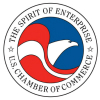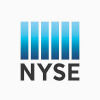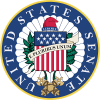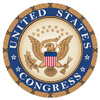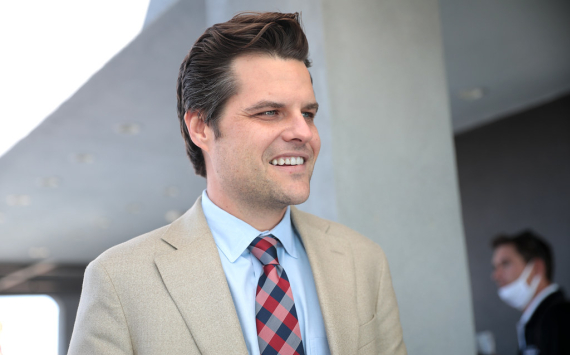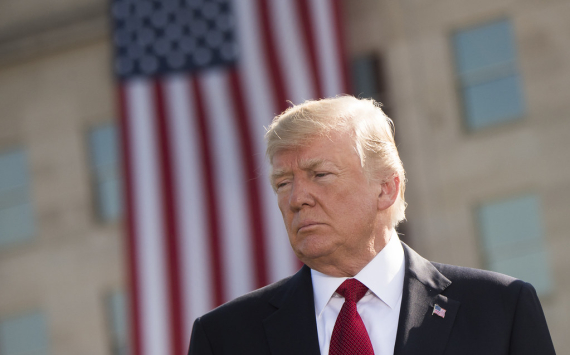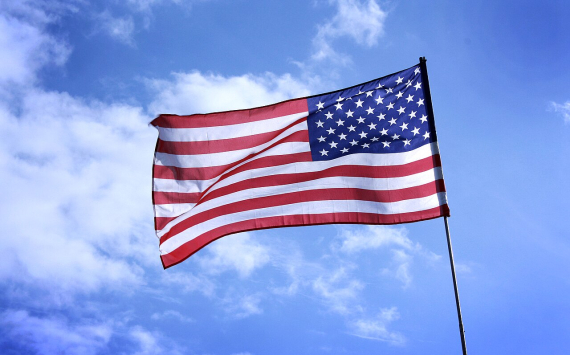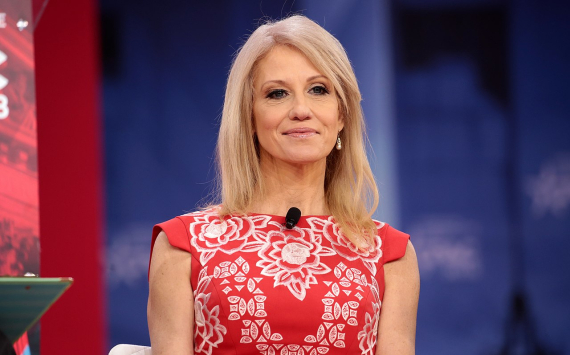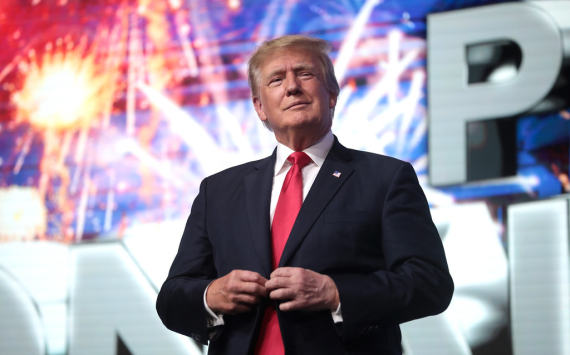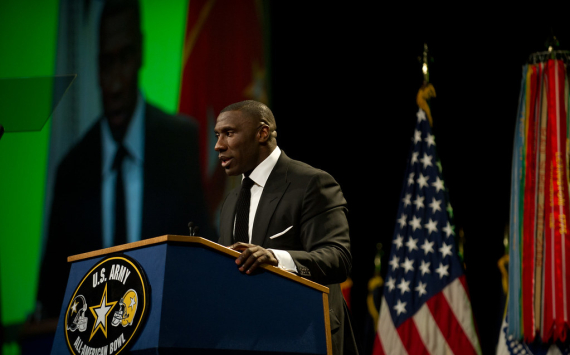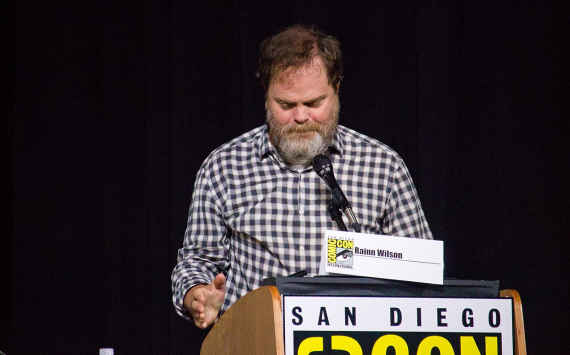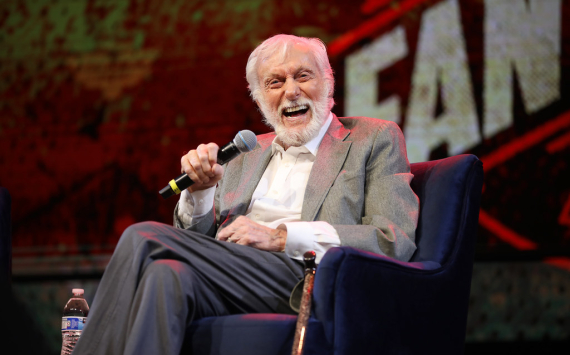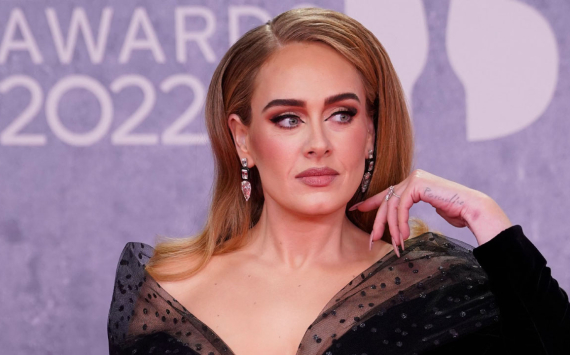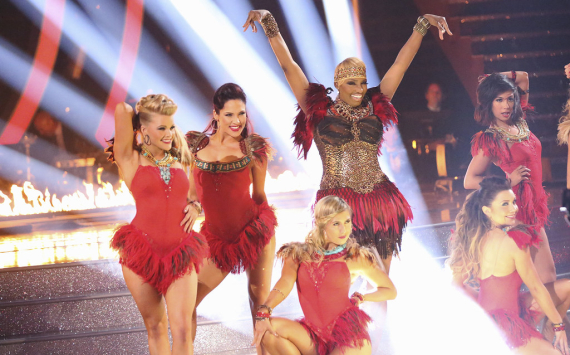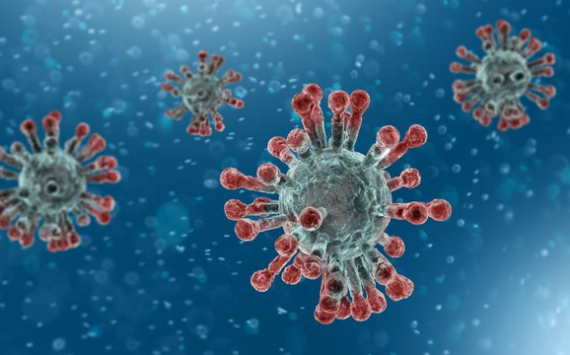
When Jonathan Corpina, a senior managing partner at Meridian Equity Partners, returned to work on the floor of the New York Stock Exchange in late May, he was met with temperature screenings, hand sanitizer stations, plexiglass barriers — and a liability waiver.
The stock exchange required Mr. Corpina and others who work there to acknowledge that returning to work could expose them to the coronavirus, and to promise not to sue if they were infected. Mr. Corpina said that he felt comfortable with that risk, and that he believed other companies would most likely follow suit.
“This is not something that is going to be unique to this building, in my opinion,” he said of the waiver.
Whether companies are liable if their workers and customers catch the coronavirus has become a key question as businesses seek to reopen around the country. Companies and universities — and the groups that represent them — say they are vulnerable to a wave of lawsuits if they reopen while the coronavirus continues to circulate widely, and they are pushing Congress for temporary legal protections they say will help get the economy running again.
But that idea has engendered stiff opposition, particularly among congressional Democrats and labor unions, who say some businesses are doing too little to protect vulnerable workers, and that such a liability shield would only encourage reckless behavior.
For the moment, states and companies are taking matters into their own hands. States like Alabama, North Carolina, Oklahoma and Utah have issued executive orders or passed legislation to give businesses more protection if their workers or customers get the coronavirus.
Amusement parks, salons, real estate businesses and gyms have begun requiring attendees, customers and workers to sign liability waivers pledging not to sue. Even attendees registering for President Trump’s upcoming rallies must acknowledge the risk of exposure to the coronavirus, and promise not to sue.
“By attending the Rally, you and any guests voluntarily assume all risks related to exposure to Covid-19 and agree not to hold Donald J. Trump for President, Inc,” and any of its employees or affiliates liable for illness or injury, a disclaimer on the registration site for rally tickets reads.
The debate is coming to a head in Washington, as Congress considers its next round of coronavirus legislation. Senator Mitch McConnell, Republican of Kentucky and the majority leader, has singled out liability protection as his conference’s top priority, with White House officials echoing that sentiment. Lawmakers expect that some version of coronavirus relief could pass through both chambers before the end of the summer.
“No bill will pass without it,” Representative Kevin McCarthy of California, the minority leader, said in May of liability protections.
The U.S. Chamber of Commerce, the National Association of Manufacturers and other powerful lobbying groups have thrown their weight behind such protections, saying that lawsuits could devastate companies that are already struggling financially, and that the threat of litigation could mean some businesses choose to remain shut, crippling efforts to restart the economy.
Conservative groups including the Koch network and FreedomWorks have warned of a wave of “predatory, self-serving lawsuits” from trial lawyers who have “plotted to line their pockets with Covid-19 related lawsuits.” Last month, dozens of industry trade associations, including those representing grocers, retailers and restaurateurs, told Congress that without protections, the threat of litigation could put many small businesses permanently out of business.
“You’ve got to give the businesses some confidence here that if something happens, and it may not be their fault — the disease is an infectious disease — if something happens, you can’t take them out of business,” the White House economic adviser, Larry Kudlow, said in April on CNBC. “You can’t throw big lawsuits at them.”
Smaller businesses are especially concerned about their legal liability.
Maxine Turner, 72, who owns Cuisine Unlimited, a catering company in Salt Lake City, said she was worried about legal action from employees who were called back to work or from clients who wanted their deposits back.
“In the back of our mind,” Ms. Turner said, “we were thinking, does this leave us as a company liable if we force these issues?” Federal liability protections, she said, “would set us at ease.”
Paul Hymas, a founder and the president of the Las Vegas restaurant chain Nacho Daddy, found himself embroiled in controversy last month after he asked employees to sign a liability waiver upon returning to work. Mr. Hymas reversed course after employees publicly complained, but he still worries about legal action.
“The general concern is for frivolous lawsuits,” said Mr. Hymas, who employs about 380 workers. “We really do just want to serve nachos.”
But trial lawyers — as well as some legal experts — say the risk of lawsuits from workers or customers may be overstated.
“The idea that there is going to be this cavalcade of lawsuits is a total myth,” said Linda Lipsen, the chief executive of the American Association for Justice, which represents trial lawyers. “Outside of meatpacking plants, cruises, nursing homes, veterans homes and other hot spots, there is not going to be that race to the courthouse because there are already all of these barriers to getting to court.”
Ms. Lipsen said current laws already protected companies from lawsuits if they took “reasonable” precautions to safeguard their workers. And with the virus widely circulating, it is difficult for lawyers to prove in court that employees were infected at work, rather than while commuting or shopping for groceries.
David C. Vladeck, a professor at the Georgetown University Law Center, told lawmakers the same thing last month at a Senate Judiciary Committee hearing. And when it comes to stimulating the economy, further liability protections could actually backfire, he said, by eroding the public’s trust.
“Immunity signals to workers and consumers that they go back to work or they go to the grocery store at their peril,” Mr. Vladeck said.
Tracking suggests that, at least for the moment, such lawsuits are rare in the United States.
According to data collected by the law firm Hunton Andrews Kurth, 2,645 coronavirus-related lawsuits had been filed in the United States this year as of Thursday. But the majority of those disputes relate to insurance coverage, prisoner and detainee petitions, and civil right cases, including challenges to stay-at-home orders. Only 49 of the cases related to conditions of employment, including exposure to the coronavirus at work or a lack of protective gear, while 77 related to unlawful termination, according to the law firm.
The database also records only seven personal injury cases from consumers who were exposed to the coronavirus in a public place, and two wrongful-death cases from public exposure.
Ms. Lipsen said the current push for liability protections reflected a longstanding effort by corporations to secure more legal protections in times of crisis, including after the Sept. 11, 2001, attacks and swine flu epidemic.
“They have been doing this for decades,” she said. “Every time there is a crisis, that’s what they do.”
Unions including the United Steelworkers, the United Farm Workers, the Teamsters and the American Federation of Teachers have also protested expanded liability protections, fearing that they would lead to laxer safety standards for workers. Many essential workers are already being forced to choose between their safety and a paycheck, unions leaders say, and those risks are falling disproportionately on workers of color.
Marc Perrone, the president of the United Food and Commercial Workers International Union, which represents workers in grocery stores and meatpacking plants, told the Senate Judiciary Committee in a hearing on May 12 that offering employers immunity “would exacerbate some of the more outlaw employers that we may have in this country.”
“Immunity laws could send dangerous messages that the safety of these workers is not the company’s responsibility,” Mr. Perrone said.
Instead, unions and worker advocates are calling for the federal government to issue clearer safety standards for businesses that are reopening, saying that those guidelines could help determine whether businesses have broken those rules and can be taken to court.
The White House has so far fought against issuing detailed standards for businesses, arguing they would infringe on religious rights and risk damaging the economy by making it too onerous for businesses to reopen.
In May, the White House rejected as too prescriptive detailed draft guidance from the Centers for Disease Control and Prevention for businesses, schools, churches and other public places. The C.D.C. later released abbreviated guidelines in the form of flowcharts to guide businesses in their decisions to reopen.
In a congressional hearing last week, Senator Elizabeth Warren, Democrat of Massachusetts, said that the Occupational Safety and Health Administration was “essentially shrugging their shoulders as workers get sick and die.”
Ms. Warren said such a stance would essentially backfire given “keeping customers safe — keeping workers safe — is the only way we’re going to reopen this economy.”
In negotiations over past relief packages, Democrats have pushed for more federal protections for workers under OSHA, and Republicans have repeatedly rejected those provisions.
It remains to be seen if they can find common ground in the coming months. Along with Senator John Cornyn, Republican of Texas, Mr. McConnell is leading the process of drafting legislation, including liability protections for schools, religious institutions, restaurants and bars. Congress has already ruled that companies pumping out much-needed masks without approval from the Food and Drug Administration cannot be sued if their users contract the coronavirus.
Mr. Cornyn said the liability rules were needed to “eliminate some of the uncertainty that will prevent people who might otherwise reopen from reopening.”
Liability is typically regulated at the state level, and several states have already expanded protections for businesses that are reopening. California, Florida, Kentucky, Michigan, North Dakota and others have also revised workers’ compensation rules to allow health care workers, first responders and some other essential workers to be compensated if they get sick from the coronavirus. (Workers’ compensation typically does not cover infectious diseases, like the flu.)
Some workers have signaled that they would be willing to pursue litigation against their employers if they fell ill at work. In a survey of more than 500 workers conducted in May by the Sports and Leisure Research Group, Engagious and ROKK Solutions, 36 percent said they would most likely take legal action against their employers if they returned to work and contracted the coronavirus after learning that a co-worker had been infected.
“The entire liability issue may become another unfortunate, but critical, residue left by the pandemic,” said Jon Last, the president of the Sports and Leisure Research Group.
Several lawsuits have been already filed, including one by the widow of a Safeway distribution center employee who recently sued for negligence and wrongful death, saying her husband had been forced to work in close quarters with other sick employees. The family of a worker at a Chicago-area Walmart has also filed a wrongful-death lawsuit.
But employees may have a more difficult time winning lawsuits. Of the litigation filed against businesses alleging that they spread the coronavirus, many have focused on nursing homes, meatpacking plants, cruises and other hot spots that critics say have clearly neglected safety considerations.
Even those cases may be difficult to prove. Around 20 states have taken steps to shield nursing homes from liability, while an executive order issued by the Trump administration in late April declaring the meat supply a critical industry has helped meatpacking companies ward off lawsuits.
Julia Duncan, the senior director of government affairs for the American Association for Justice, said that, win or lose, these cases were already shining a spotlight on dangerous conditions and forcing employers to take more precautions.
“If the federal government isn’t going to go in and investigate, I want there to be important lawsuits where we’re asking questions about why people are being exposed and dying,” Ms. Duncan said. “This is exactly why the justice system exists.”
Source: https://www.nytimes.com/2020/06/12/business/economy/coronavirus-liability-shield.html





